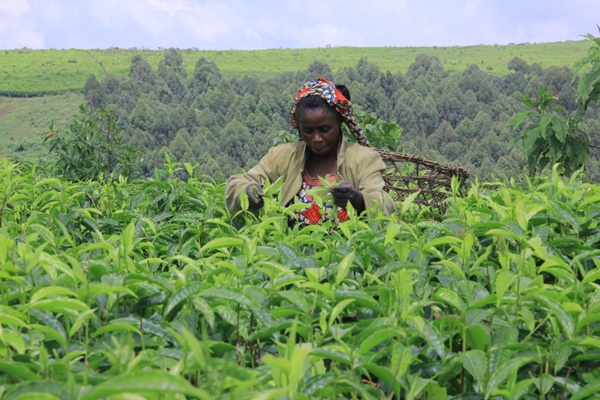Armed fighters from the M23 rebel group looted the Lemera tea factory in South Kivu’s Kalehe territory on June 6, in the latest blow to the region’s fragile agricultural economy. Backed by the Rwandan army, the group reportedly stole all production equipment, including agricultural and industrial machinery, according to Radio Okapi. The factory has since suspended all operations.
The Lemera plant, a remnant of the colonial era, had served as a key economic driver in the Kalehe and Kabare-Kabamba areas. It processed raw tea leaves for both domestic consumption and export, supporting nearly 100 families and offering stable income to smallholder growers. The factory also maintained specialized equipment for plantation upkeep—now lost to looting.
The shutdown adds to a broader crisis plaguing the tea industry in both North and South Kivu, where persistent insecurity has halted production at several facilities. In North Kivu, the once-thriving Ngeri Tea Gardens (JTN), spanning 450 hectares, are now abandoned. The site, which used to produce around 240 tonnes of tea annually, has also ceased operations due to repeated conflict-related disruptions.
This collapse comes at a critical moment for the Democratic Republic of Congo, which risks missing out on a projected boom in demand for eco-friendly tea. A 2024 report by the International Institute for Sustainable Development (IISD) forecasts that U.S. and European demand for sustainably grown tea will rise by 8.4% and 6.6%, respectively, by 2026.
The DRC produced roughly 2,000 tonnes of tea in 2020, placing it 11th among African producers, according to the latest FAO data. However, without urgent measures to restore stability in its key agricultural zones, the country’s tea sector may be unable to seize this growing export opportunity.
This article was initially produced in French by Ronsard Luabeya, (intern)
Edited in English by Ola Schad Akinocho










